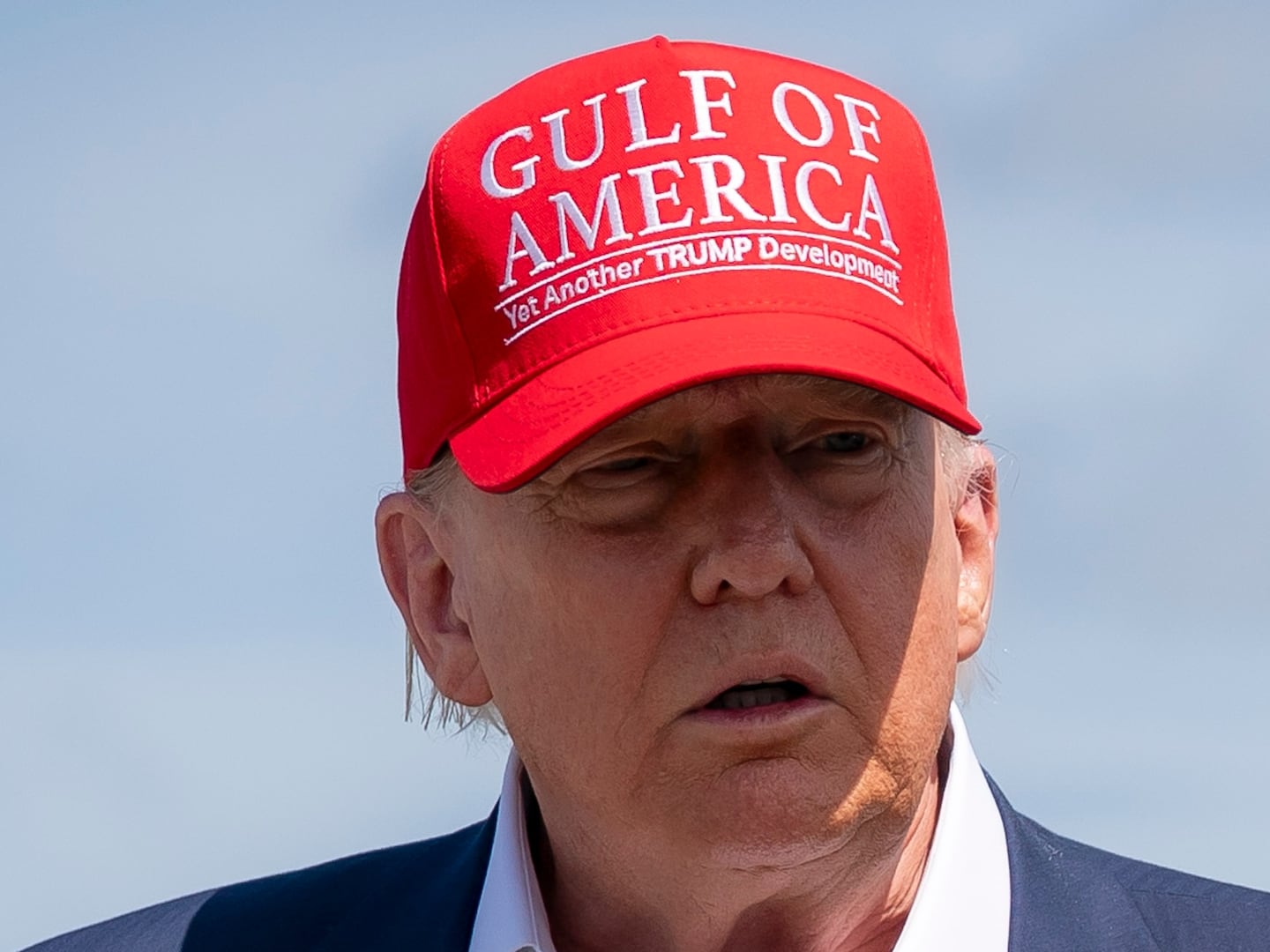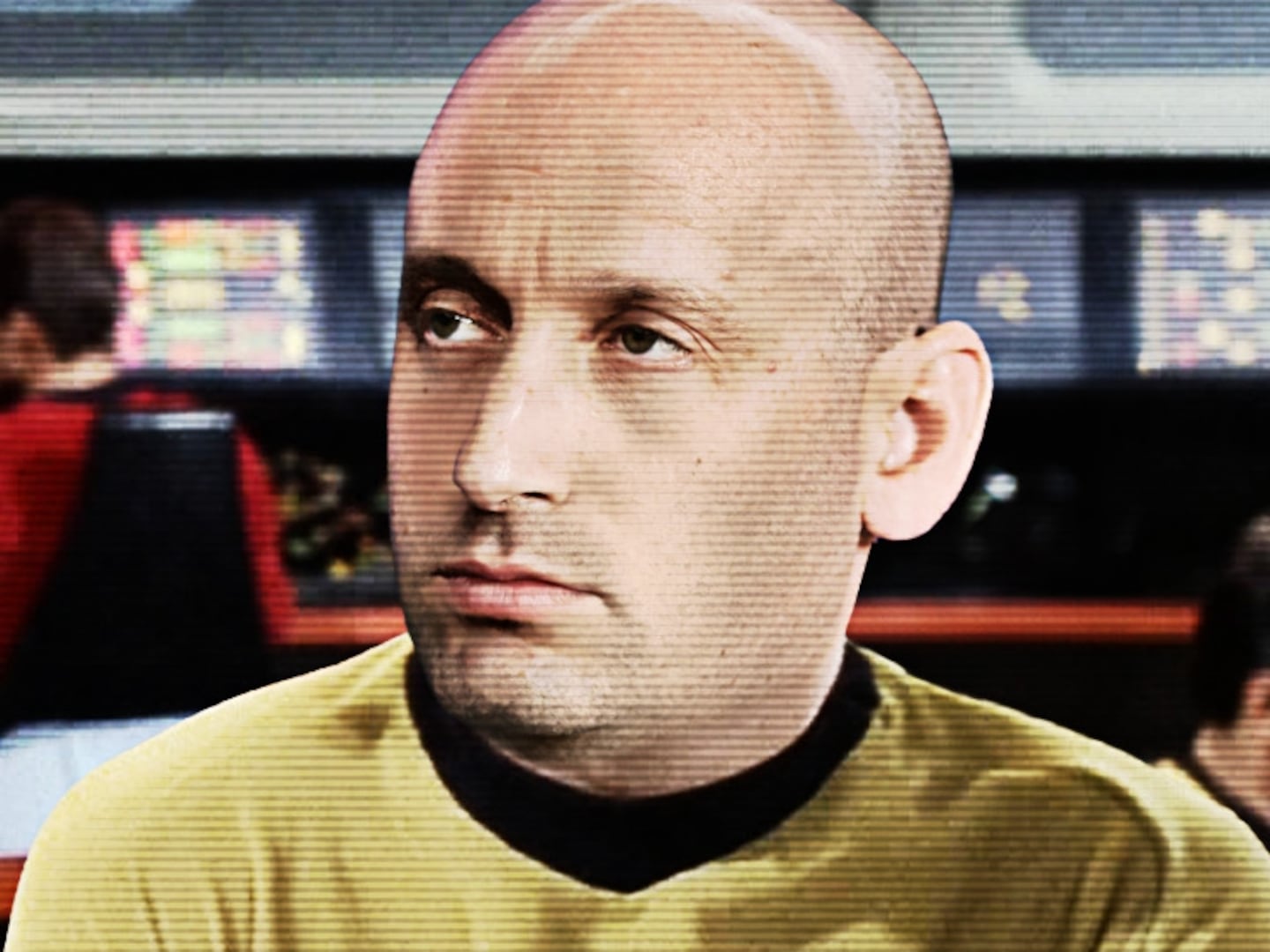
President-elect Obama has said that an Israeli-Palestinian peace agreement is a top foreign policy priority. But the habitually deplorable state of Arab-Israeli relations has deteriorated to the point where even the most talented of special envoys may be unable to stop the downward spiral, much less broker a treaty.
Last week, Hamas, the militant Palestinian organization that controls Gaza, announced it was ending its six-month cease-fire with Israel, because, it claimed, Israel had failed to lift its blockade or fulfill other pledges. Israel, for its part, accused Hamas of bad faith, justifying its missiles attacks and the blockade of food and supply shipments into Gaza on grounds that the cross-border rocket attacks on southern Israeli communities never really stopped.
Shortly before Hamas’s declaration, some 50 rockets were fired into Israel, and Israeli Defense Minister Ehud Barak warned that Israel would not shy away from a broader offensive if such attacks continued. They did, with another volley launched from Gaza on Dec. 23 that prompted Prime Minister Ehud Olmert to make a rare appeal on Arab tv to stop the rockets or face Israeli retaliation. On Friday, Israel made good on that threat, conducting a massive daylight air strike on Gaza.
Palestinians say that Hamas and Fatah despise each other almost as much as they hate the Israeli settlers who harass and attack them.
Now, any steps to repair the shattered peace process will depend largely on the outcome of national elections in February, which the rightwing Likud, opposed to all peace proposals now on the table, seems poised to win. But even if the ruling Kadima or other more pragmatic forces triumph in February, success ultimately depends on having a serious negotiating partner on the Palestinian side. And prospects for that are even grimmer.
To understand the political gridlock that makes the outbreak of peace unlikely any time soon, consider a recent ostensibly apolitical event in Palestine: the Palestinian national soccer team’s first professional game on home turf. In late October, some 8,000 exuberant fans chanting “God is Great” and “Football is nobler than war,” packed the newly built stadium near Ramallah to watch Palestine play Jordan.
Until the day before the game, however, Palestinians were uncertain it would even take place. Twelve of the Palestinian team's 26 members, including its captain, Saeb Jundiyeh, live in Gaza, which has been sealed off by Israel ever since Hamas wrested power from the ruling Fatah-backed Palestinian Authority in June of 2007. Because of the intra-Palestinian feud, the 2.4 million Palestinians in the West Bank and East Jerusalem and the 1.5 million Palestinians in Gaza need Israeli permits and the blessing of both the Palestinian Authority and Hamas to travel back and forth.
Israel eventually gave two-day passes to most of the Gaza players, but not to team captain Jundiyeh, whom they deem a security threat. He was devastated by the news. "I've waited all my life for this first match on Palestinian land,” he told a reporter in Gaza. “I'm the captain and I can't play."
As for neighboring Jordan, whose population is estimated to be more than 70 percent Palestinian, seven of the 11 players on its national team are Palestinian and these Jordanian players knelt and kissed the new Astroturf just as the Palestinian team had done moments earlier. Jordan is one of the few Arab countries for whom the plight of the Palestinians is more than a symbolic cause. Qatar, for instance, which limits the number of Palestinians permitted to live in the oil-rich sheikhdom, nevertheless made a significant donation to the stadium’s $4 million renovation. The gesture ensured that posters of the emir were prominently displayed on stadium walls alongside those of late Yasir Arafat, “father” of the still unborn Palestinian state, and his successor, President Mahmoud Abbas.
The stadium itself is adjacent to the despised concrete barrier —26 feet high in some places — that Israel has built to keep out suicide bombers. (Sophocles Sophocleous, a Cypriot whose company, Greenfields, supplied the football field’s artificial grass, said that Israeli security concerns had also limited the size of the stadium itself and even the height of its night-lights.) It is also within sight of Israeli settlements. According to estimates from the United Nations Office for the Coordination of Humanitarian Affairs (OCHA), some 450,000 Israelis now live in the West Bank and East Jerusalem alongside 2.4 million Palestinians, many of them in settlements the UN considers illegal and Washington calls more diplomatically “an obstacle to peace."
“After more than a generation of conflict, we’re exhausted,” Zakaria Al-Qaq, the vice president of Al-Quds University in East Jerusalem told me at the time of the soccer match. Faced with growing unemployment —estimated at more than 25 percent in the West Bank and more than 45 percent in Gaza —plunging exports, a corrupt and ineffective Palestinian Authority, and the daily humiliations of occupation, Palestinians are leaving in droves. “There’s a huge external migration of intellectuals and the middle class from the West Bank, as well as a vast internal migration into escapes like sport or the internet, or to God, which means becoming more religious, and often closer to Hamas,” Al-Qaq said.
Sari Nusseibeh, the university’s president and a prominent writer, told me that although Palestinians in the West Bank are still “relatively democratic and open-minded,” if there were a free and fair election tomorrow on the West Bank —unlikely given Fatah’s grip —“Hamas would win.”
Palestinians call the bitter split between Fatah and Hamas the second “nakbah,” or catastrophe, the first being the creation of the state of Israel 60 years ago. In some respects, explained Ronni Shaked, who covers the West Bank for Yedioth Ahronoth, Israel’s most popular daily, the second nakbah is worse than the original. “First the Palestinians lost the land,” he said. “This time, they’ve lost the people —the unity of the nation.”
The split between the two factions is becoming “worse by the day,” Prime Minister Salam Fayyad told a small group of visitors, including me, at his headquarters in Ramallah, the de facto Palestinian capital. While marble and glass monuments to Palestinian bureaucracy rise in the hilly city half-an-hour’s drive from Jerusalem, much of the West Bank languishes in serviceless squalor.
Fayyad said that healing the Hamas-Fatah rift was his “highest priority.” But Palestinians say that the two groups despise each other almost as much as they hate the Israeli settlers who harass and attack them.
Prime Minister Fayyad boasted that Palestine now has a $4 billion economy —much of it stimulated by non-government organizations and what Palestinians increasingly deride as the “peace industry.” But the words are hollow given the continuing Palestinian fratricide and the Israeli army’s omnipresence in West Bank enclaves.
Some politicians are hoping that sports can unite the Palestinians. Shortly before the game, for instance, Hamas’s Prime Minister Ismail Haniyeh telephoned Jibril Rajoub, the president of the Palestinian Football Association, to wish the team well —in effect blessing the match.
Rajoub himself has been using soccer to create a political base. Arafat’s former security chief who spent 16 years in an Israeli jail, Rajoub supposedly renounced politics last May to become president of the Football Association. He has traveled from city to village, building football leagues and, in the process, a reputation for himself as an effective mediator of local quarrels. The first historic match between Jordan and Palestine —which ended in a one-to-one tie —was his idea, and he negotiated with Israeli and Hamas officials to make it happen.
“What we have done in sport we can do in politics,” Rajoub told reporters on the day of the match. Others aren’t so sure. But if Israel now invades Gaza to stop the rocket attacks, Palestinians will be unified, at least for the moment, not by sports or political compromise, but —as has so often been the case —at the end of an Israeli gun.
Judith Miller is an author and a Pulitzer Prize-winning former investigative reporter for The New York Times. She is now an adjunct fellow at Manhattan Institute, a contributing editor to its magazine, City Journal, and a Fox News commentator






